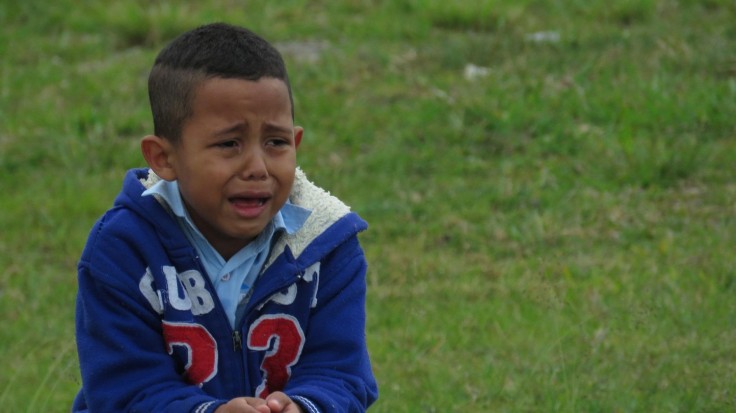
Young ones are still establishing how the real world works. They are still exploring things that may include cause and effect, which is not obvious to them as they are newbies. As kids wonder how things work, they may encounter fears.
Fears are a normal part of childhood, as well as learning to handle them. Most of the time, kids fear imaginary things such as monsters, but sometimes they fear what's happening in their lives, including their families. Kids find it hard to cope with fear as they still have trouble processing certain information and keeping emotions in check.
According to Understand.Org, parents need to take kids' fears seriously as they may feel that it is not okay to be afraid or that it is not normal to have certain fears. Kids might feel their emotions are invalid if parents decline their words. Parents need to ensure they feel secure and safe and believe them whenever they say they are scared of something.
Read Also : How Parental Sarcasm Affects Kids' Feelings; Why Sarcasm Is Not a Laughing Matter for Children
The first main key to helping kids cope with their fears is allowing them to explain what made them scared by asking specific questions to help them elucidate details regarding their fear. Not all kids can describe how they feel; thus, patience is needed when talking to a child about their fears and worries.
Understanding the root of your child's fear
Fears usually start when a baby has reached six or seven months of age. Due to the strong attachments between the baby and the parents or caregivers, separating them can cause the baby to cry and make them feel anxious as they are already comfortable with the person who takes care of them.
Babies develop fear when such things happen. Also, they might feel scared when they see unfamiliar people, which also causes them anxiety and worries.
Parents sometimes cause a child's fears as they often scare them by turning the lights off and telling them monsters are living in the dark, resulting in kids being scared in the dark. On the other hand, parents scare their children to become fearful and cautious of specific dangers. However, there is an appropriate time for this kind of teasing, depending on the environment.
According to Better Health, a powerful tip for a child to deal with fear is by encouraging them to discuss their anxieties and providing them the support they need to face their fears.
Helping your kid to face fear without forcing them
Dr. Amy Przeworski reminds parents not to force a child to face their fear, as encouraging and coaxing are enough. Parents want their children to be confident, feel like they are in control, and obtain a sense of mastery. Thus, the best way is not to force them and just support them in what they like.
Parents should make it clear they will be with them throughout. They can help gradually remove all their fears by eventually exposing them to what scares them, per Psychology Today.
Related Article : Helping Children To Heal From Traumatic Events; Parents Must Assure Kids They Are Safe